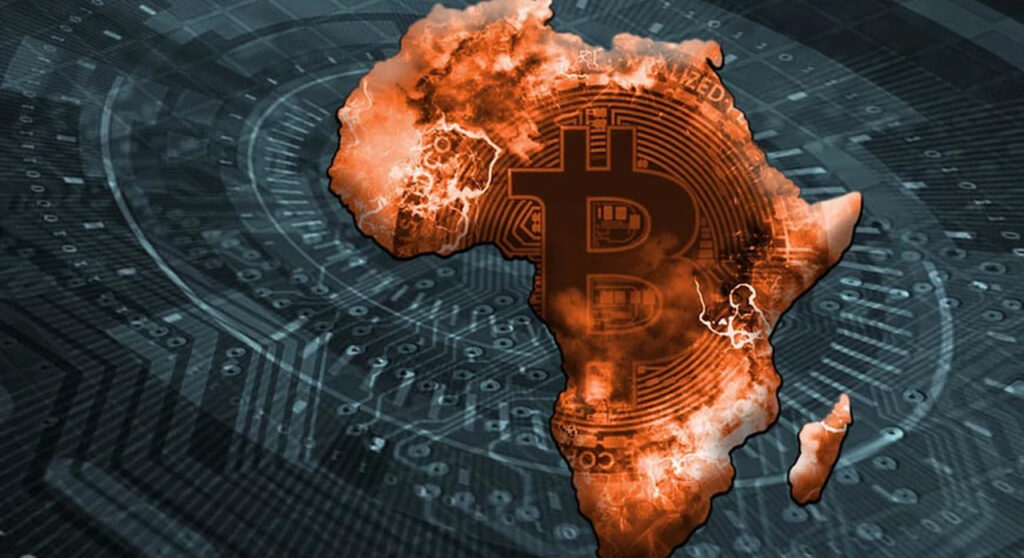The Nigerian naira, once considered one of Africa’s most stable currencies, has recently taken a severe beating. Its rapid devaluation against the U.S. dollar has sent shockwaves through the economy and rattled investors. But why is this happening, and why does it seem unstoppable despite efforts from the country’s top financial institution? Read on to find out.

The Central Bank’s Big Move: Five Rate Hikes in One Year
It’s been a tumultuous year for Nigeria’s monetary policy. The Central Bank of Nigeria (CBN) has hiked interest rates five times this year alone. The recent increase by 50 basis points marks yet another aggressive move by the CBN in its fight to curb inflation and stabilize the currency. You’d think this strategy would bring some relief to the struggling naira, but instead, the currency has plummeted to new lows.
On the official foreign exchange market, the Nigerian naira nosedived to NGN1,658 per dollar. The parallel market painted an even grimmer picture, with the naira sinking to NGN1,675 per dollar. So, why isn’t the central bank’s bold approach working?
Nigerian Naira Hike: Why Raising Interest Rates Can Backfire
A rate hike typically signals an attempt to tighten the money supply, reduce inflation, and protect a currency from further devaluation. In theory, higher interest rates attract foreign investors looking for better returns on their investments, which should stabilize the currency. However, Nigeria’s economic challenges are far more complex than a simple interest rate tweak can fix.
The latest data reveals a worrying trend: despite the CBN’s actions, the naira’s value continues to slide. The currency’s decline coincided with a 60% surge in foreign exchange turnover, jumping from $100.21 million to $166.36 million in just 24 hours. This indicates high market activity but doesn’t necessarily spell positive news. More turnover could point to a frantic sell-off, as both domestic and foreign investors try to get out before things worsen.

A Confluence of Factors: More Than Just Monetary Policy
Why isn’t the rate hike effective? The answer lies in Nigeria’s broader economic situation.
The country is grappling with high inflation, a heavy reliance on oil exports (with fluctuating global oil prices), and an over-reliance on foreign goods. This mix has put a strain on the naira. Even with the CBN’s best efforts, external factors like global oil demand, foreign debt, and weak domestic production continue to weigh on the currency.
Moreover, theNigerian naira operates in a dual exchange rate system—official and parallel (black market) rates. The widening gap between these two rates is a key indicator that Nigeria’s foreign exchange market is far from balanced. Even though the official rate dropped to NGN1,658 per dollar, the parallel market saw it fall even further to NGN1,675. This shows a disconnect between the CBN’s policies and what’s happening on the ground.

Everyday Nigerians Feeling the Naira Pinch
What does this mean for the average Nigerian? For one, it makes everyday essentials more expensive. Imported goods, which make up a significant portion of what Nigerians consume, become costlier as the naira weakens. Fuel prices, already a point of contention in the oil-rich country, will likely increase further, putting more pressure on household budgets.
Businesses that rely on foreign inputs also feel the pain. Whether it’s construction materials, machinery, or technology, a weaker naira raises costs, which are eventually passed down to consumers. For many small and medium enterprises (SMEs), this economic climate is unsustainable, and many are at risk of closing shop.
Is There a Way Out?
While the situation seems dire, all hope is not lost. Nigeria has weathered economic storms before. Experts suggest that beyond monetary policy, the Nigerian government must implement long-term structural reforms. This includes diversifying the economy away from oil, boosting local production, and improving governance to attract more stable foreign investments.
Additionally, a more unified exchange rate system could help restore confidence in the Nigerian naira. Right now, the disparity between the official and parallel markets breeds speculation and worsens the currency’s instability.

A Tipping Point for Nigeria’s Economy
The naira’s latest drop is a sign of deeper economic challenges facing Nigeria. While the Central Bank of Nigeria has taken drastic steps with rate hikes, these alone won’t reverse the tide. The key to the naira’s recovery lies in addressing the underlying structural issues in the economy. Without a clear and consistent policy approach, everyday Nigerians will continue to bear the brunt of this currency crisis.
As Nigeria navigates this turbulent period, one thing is clear—bold, comprehensive reforms are needed to secure the naira’s future and stabilize the country’s economy. Until then, the naira may continue its downward slide, leaving many to wonder just how low it can go.
Stay Updated with crypto news with the Jackocoins blog and don’t forget to keep trading with the Jackocoins app; the one stop for all your trading needs.
Till next time!
Visits: 17
